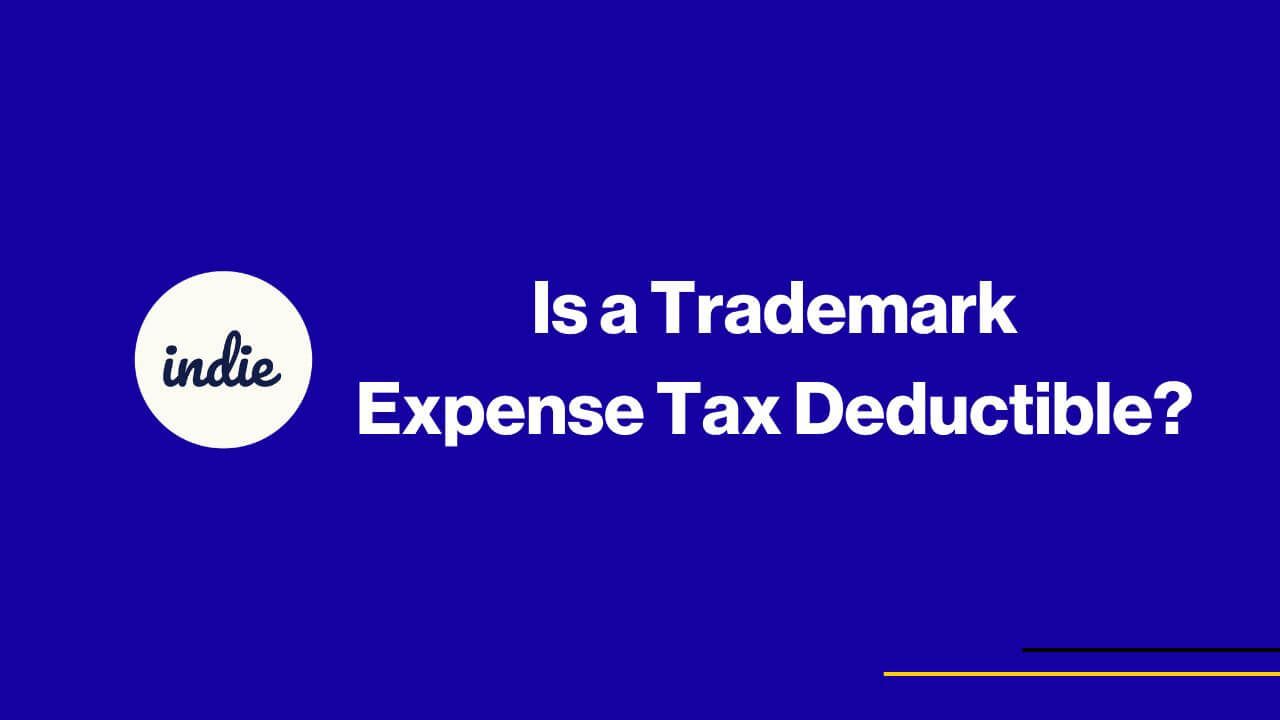Breaking Down Trademark Expenses
Trademark costs can be split into a few categories:
- Initial registration costs: Filing fees, attorney fees, and related expenses to register a new trademark.
- Ongoing costs: Renewal fees and maintenance expenses to keep your trademark active.
- Legal costs: Fees to defend or enforce your trademark rights.
- Acquisition costs: Expenses related to purchasing a trademark from another business.
Each type of expense is treated differently for tax purposes, which makes understanding the rules critical for maximizing your deductions.
Tax Treatment of Trademark Costs
Initial Registration Costs
When you are first registering a trademark, those expenses are generally considered part of your startup costs. The IRS allows you to:
- Deduct up to $5,000 of total startup costs in your first year, as long as those costs don at exceed $50,000.
- Amortize any remaining costs over 15 years. This essentially spreads the deduction over time.
For example, if you spend $10,000 on filing fees and attorney services to register your trademark while launching your business, you can deduct $5,000 in the first year and the remaining $5,000 over the next 15 years.
This rule applies broadly to many startup expenses, as detailed in IRS Publication 535.
Ongoing Maintenance Costs
Once your trademark is registered, ongoing expenses like renewal fees are generally deductible as ordinary and necessary business expenses. These fall under Section 162 of the Internal Revenue Code, which covers day-to-day costs directly related to running your business.
Example:
If you pay $500 for a trademark renewal, you can deduct the full amount in the year you incur the expense. This is similar to how you ad deduct software subscription fees or office supplies.
Legal Costs
Legal fees for defending your trademark are also deductible, provided the trademark is actively used in your business. For example:
- If you spend $3,000 on attorney fees to stop another company from infringing on your trademark, you can deduct those costs as a business expense.
- However, if the legal dispute involves personal use of the trademark (e.g., a family-owned brand name not tied to a business), those expenses may not qualify.
Legal costs can be tricky, so consulting a CPA or tax attorney is often the best way to ensure compliance.
Acquisition Costs
Buying an existing trademark from another business is a different story. These costs are treated as capitalized expenses, meaning you can at deduct them all at once. Instead, they must be amortized over 15 years, similar to how you ad treat the purchase of other intangible assets.
Example:
If you acquire a trademark for $30,000, you all need to spread that expense across 15 years, deducting $2,000 annually.
Real-World Examples of Trademark Deductions
Here as how these rules play out in practice:
- A Startup Registering a New Trademark
- You spend $4,000 on application fees and $1,500 on legal fees for your new brand as trademark.
- Total cost: $5,500.
- Deduction: You can deduct $5,000 in your first year as part of your startup costs and amortize the remaining $500 over 15 years.
- An Established Business Maintaining a Trademark
- Your business pays $1,200 for renewal fees and $2,000 for legal support in an infringement case.
- Deduction: Both expenses are fully deductible as they are part of your ongoing business operations.
- Buying a Trademark
- You purchase an existing trademark for $50,000.
- Deduction: This cost must be capitalized and amortized over 15 years, meaning you can deduct $3,333 annually.
Gray Areas to Watch For
While trademark expenses are often deductible, some situations can be murky:
- If your trademark is not yet in use or is tied to personal projects, deductions may not apply.
- If you bundle trademark-related expenses with other intangible assets in a business acquisition, you may need to allocate the costs appropriately.
Tax regulations are nuanced, so a professional opinion can help avoid errors. For example, The Balance provides useful guidance on business tax deductions, which can be helpful when navigating the complexities of startup and operational costs.
Practical Tips for Managing Trademark Expenses
To make the most of your deductions:
- Keep detailed records. Save receipts, invoices, and contracts related to all trademark-related expenses.
- Separate startup and operational costs. This distinction affects how and when you can deduct your expenses.
- Consult an expert. Tax professionals can help you optimize deductions while staying compliant with IRS rules.
Final Thoughts
Trademark expenses can be tax deductible, but the rules vary depending on the nature of the costs. By understanding whether your expenses qualify as startup costs, operational expenses, or capitalized assets, you can make the most of your deductions and save money during tax season.
If you are unsure about how to classify or deduct your trademark expenses, consult the IRS as official resources, like Publication 535, or reach out to a tax professional for personalized advice.

